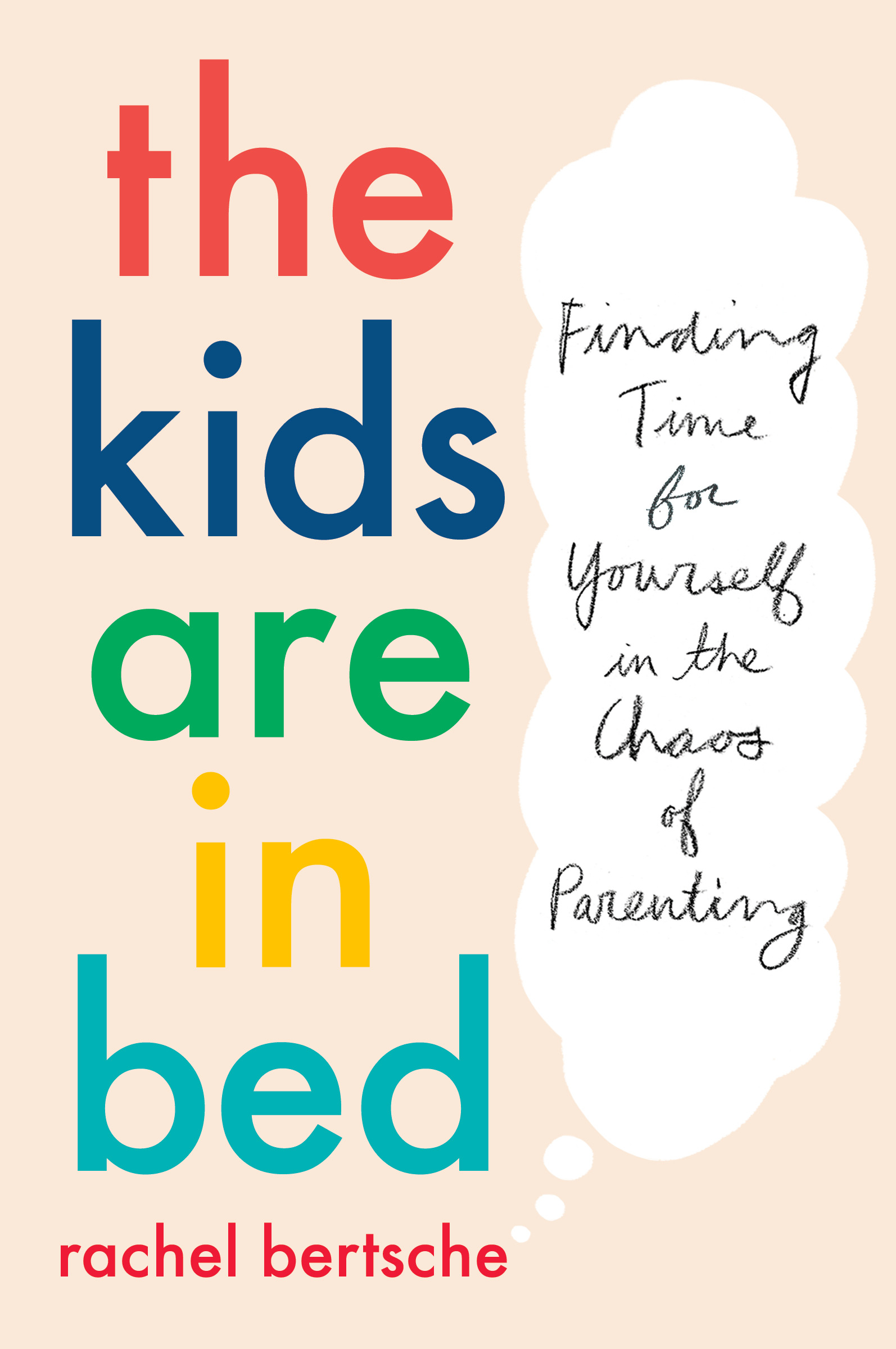Pockets of indulgence come in two forms: found and carved out. The found pockets are the unplanned bits that appear unexpectedly (when, by some miracle, everyone in your house is napping, for example) or those that come with extra constraints (you can’t leave the house, or you have to be especially quiet). The carved-out pockets are the chunks of time we plan and claim for ourselves, when we step away from our families or jobs because we need to do something enjoyable. These moments don’t fall into our laps, but we take them whether our children are asleep or awake, at school or at home, begging us to stay and help them build a Lego tower or screaming at us to go away.
Parents feel much less guilt when they fit their pockets of indulgence into found time, because they aren’t making a choice to step away from their children. They may be using the time on a cross-stitch rather than to call Chuck E. Cheese’s to coordinate a birthday party, but they aren’t making the deliberate decision to leave the family in order to do something for themselves.
Found time can be lovely— it’s when you’re most likely to get those daily twenty minutes in, and it’s when I watch my TV shows or sink into a novel. But the carved out time may be more restorative. More enjoyable. More indulgent. It comes back to the element of choice. When you claim time for yourself, you are choosing not only what to do but when to do it. You are in control.
Carving out time cannot happen in isolation, of course. Someone has to watch the kids, so coordinating schedules becomes critical. I was recently invited to a girls only birthday party, so I put it on my calendar and then “invited” Matt to the event so it would appear on his calendar, too. Then I texted him: “Just to be clear, you’re not actually invited to that party, it’s only for ladies. Wanted you to have it on your calendar so you know I won’t be home and you have to be home for kids. Thanks love you bye!” Sometimes we have actual conversations about these things, but this plan was being made far enough in advance that I felt OK about a text.
Scheduling was one element of Brooke’s ballet class that I was especially curious about. What did the conversation with her husband look like when she decided to claim Thursday nights for herself? “It definitely felt like an ask in the beginning,” she says. But the guilt was all internal, she admits. It didn’t come from her husband, who supported her ballerina dreams from the outset. Prior to ballet, Brooke exercised only during her lunch break, because she didn’t want to take time away from her family. Now, on Thursday evenings, she comes home from work, gets her daughter showered and ready for bed, and leaves her husband to handle teeth and hair brushing and bedtime story and tuck-in. On Tuesday nights, her husband, a member of their New Jersey community’s school board, has meetings, and on Saturday mornings he plays tennis. Their daughter takes tae kwon do one day a week. “We each have our things, and they are appointments like anything else.”
That appointment element is key. First of all, it eliminates the necessity to make another decision. Plus, you don’t have to grapple with the guilt of leaving your kids or asking your partner to take over childcare each and every time you want to do something fun. You make the decision once, and it’s over. Your night off gets built into the kids’ routine, and routine is great for children. It’s reliable. Once they understand that “Mommy goes to pottery class on Tuesdays,” that’s just life, as much of a given as the fact that there’s no school on Saturday.
“Another upside of a commitment is that most people will make it happen,” Vanderkam says. Especially if that commitment costs money, like a class. “If you just vaguely say ‘I want to exercise more,’ that’s like, ‘OK, sure, whatever.’ But if you know you have salsa class on Wednesday nights, you adjust to be able to get there. It’s also a mental thing. People— our family, your colleagues— respect a commitment in a way they don’t always respect a person saying, ‘Oh I have to go do something for myself.’ ”

Follow us here and subscribe here for all the latest news on how you can keep Thriving.
Stay up to date or catch-up on all our podcasts with Arianna Huffington here.


